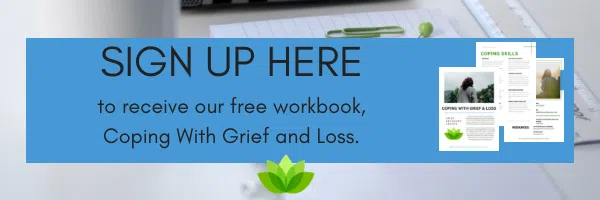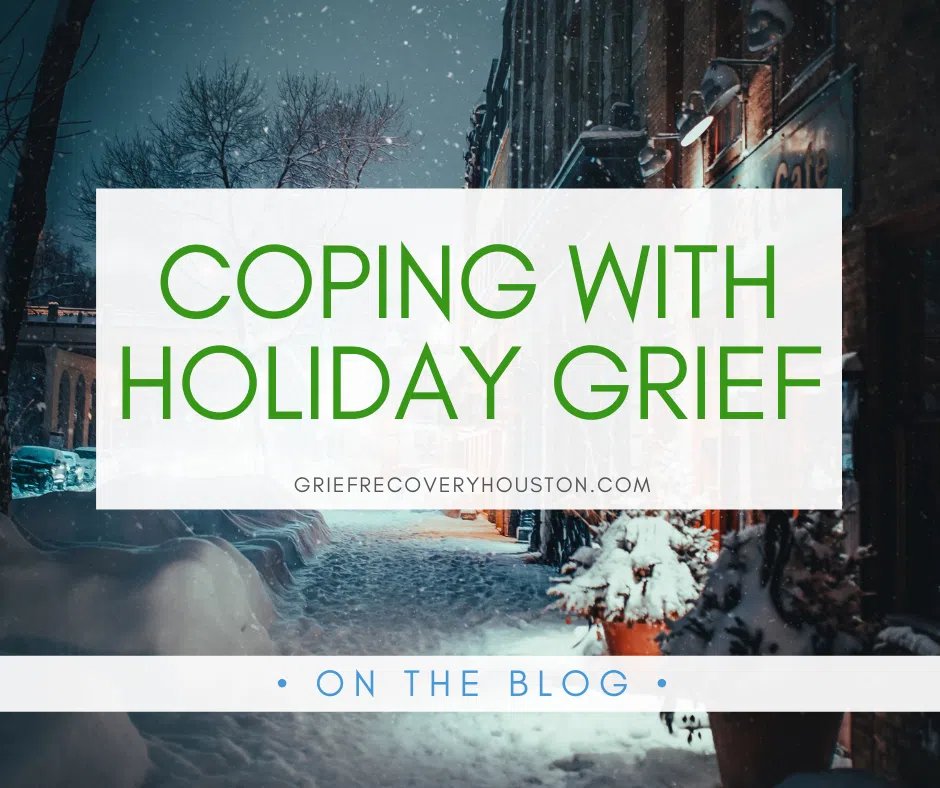- Unpacking Grief and Disability - July 8, 2024
- Breaking the Stigma: 5 Blogs to Better Understand Suicide - May 21, 2024
- 4 Tips for Better Sleep Hygiene - March 4, 2024
When was the last time you paid attention to your inner child?
Picture yourself like a Russian nesting doll. Your present self, at the age you are now, is the largest outer toy. Since we can only see the outside, we assume each of us are showing up in the world only as our present selves. However, just like the nesting dolls, we’re carrying the other versions of ourselves with us at all times too.
Just as the dolls open up to reveal smaller dolls under each new layer, you carry the younger versions of yourself inside, each age stacking on top of one another instead of replacing them.
 That means that while you may be fully grown now, there is still a part of you (your mind, your feelings, your reactions to the world around you) that is coming from a younger version of yourself. Our inner children show up in our lives constantly, and we might not even notice. Think of sitting in a chair that spins; most of the time you probably just sit in it and think nothing of it. But once in a while, maybe you push off your desk and spin yourself around really fast like you would when you were a kid. And that childish part of yourself still enjoys it, it’s fun!
That means that while you may be fully grown now, there is still a part of you (your mind, your feelings, your reactions to the world around you) that is coming from a younger version of yourself. Our inner children show up in our lives constantly, and we might not even notice. Think of sitting in a chair that spins; most of the time you probably just sit in it and think nothing of it. But once in a while, maybe you push off your desk and spin yourself around really fast like you would when you were a kid. And that childish part of yourself still enjoys it, it’s fun!
When we listen to our inner child we’re able to learn more about ourselves. What we like, what desire, what brings us joy, how we want to spend our time, etc. But just as you do as an adult, you had an emotionally complex life as a kid, which means with the positive comes everything else. And when we’re kids, we often aren’t given the tools or space to grieve as we need to.
So as adults, unhealed wounds or incomplete grief from our past can come back up, and impact our present, until we make the time and space to address them.

What are some causes of inner child grief?
Childhood neglect
Whether your parents or caretakers neglected practical or physical needs of yours, or were emotionally neglectful, that’s a wound that can cause grief in adulthood. And it isn’t always as cut and dry as it sounds; there are instances that may feel like neglect in childhood that as adults we can see were moments where our guardians were just doing the best they could.
For example, if it was rare for your family to eat dinner together because of long hours your parents worked, as a child you may have felt as though you weren’t being cared for or thought of. As an adult you may know that your parents worked those long hours to make sure you were provided for, which now very much does feel like care. However, that wound from childhood is still real–after all, it wasn’t your job as a child to understand the sacrifices your parents may have had to make; you still had a need (quality time with your caretakers) that wasn’t met.
 Or let’s say you were someone who always did well in school, so when you did struggle, the adults in your life didn’t recognize the need for more comprehensive intervention. Now as an adult, let’s say you’ve finally been diagnosed with ADHD. You can understand, given the most common ways it’s recognized, that it would have been easy to miss the signs as your teacher or parent. Even knowing that however, doesn’t erase the grief you may feel for the younger version of yourself who did not get the support they needed.
Or let’s say you were someone who always did well in school, so when you did struggle, the adults in your life didn’t recognize the need for more comprehensive intervention. Now as an adult, let’s say you’ve finally been diagnosed with ADHD. You can understand, given the most common ways it’s recognized, that it would have been easy to miss the signs as your teacher or parent. Even knowing that however, doesn’t erase the grief you may feel for the younger version of yourself who did not get the support they needed.
Being able to sit with two truths like those and honor the validity of both is the first step in creating a healing space for your inner child.
Childhood loss & incomplete grief
Children often aren’t taught how to manage their big feelings; and because no one likes to think of kids facing things like death and loss, it’s rare for adults to know how to guide children through their grief. But if you never learned to manage that grief, your grieving process may have been prematurely halted and abandoned, before being healed.
Unsafe childhood home
It sometimes isn’t until we are adults and in a new, safe environment that we realize we’ve been in survival mode for a long time. Coming to this understanding as an adult can trigger a new grieving process. The grief here is complicated because it’s not over something you had, but over something you didn’t. The recognition that you didn’t have the safety, or comfort or love that is supposed to exist in a child’s home is also the recognition that you did deserve it, even if you were able to survive without it. It’s also a recognition to yourself, showing you know you’ve had to put in more effort into taking care of yourself or surviving than you should have had to.
You may have lost years of childhood by maturing too fast due to abuse, you may have lost money or opportunities taking care of others or navigating a volatile home environment. You may not have had relationships because of unsafe feelings fostered at home, etc. Allowing yourself to recognize this is important; while you may not have been able to grieve for these losses as a child because you were too busy surviving, you can now give yourself the time and space to acknowledge the grief you’ve been carrying and begin to work through it.
If you’re looking for more support working through inner child grief, talking to a therapist can help you find ways to move forward. Remember that you deserve support as much as anyone. To get started, contact our team at Grief Recovery Center today to schedule an appointment with a licensed professional counselor in Houston, TX.
We make it possible to connect with licensed therapists from the comfort of your own home! We can provide in-person and online therapy in California, Texas, and Colorado.






No comments yet.